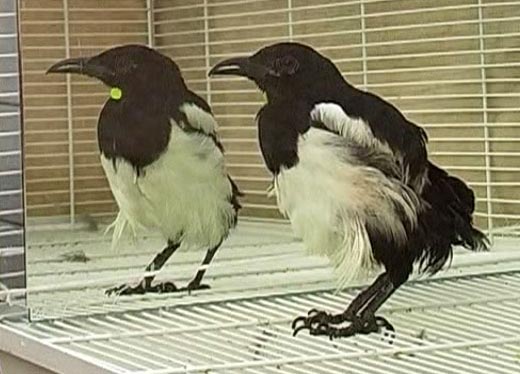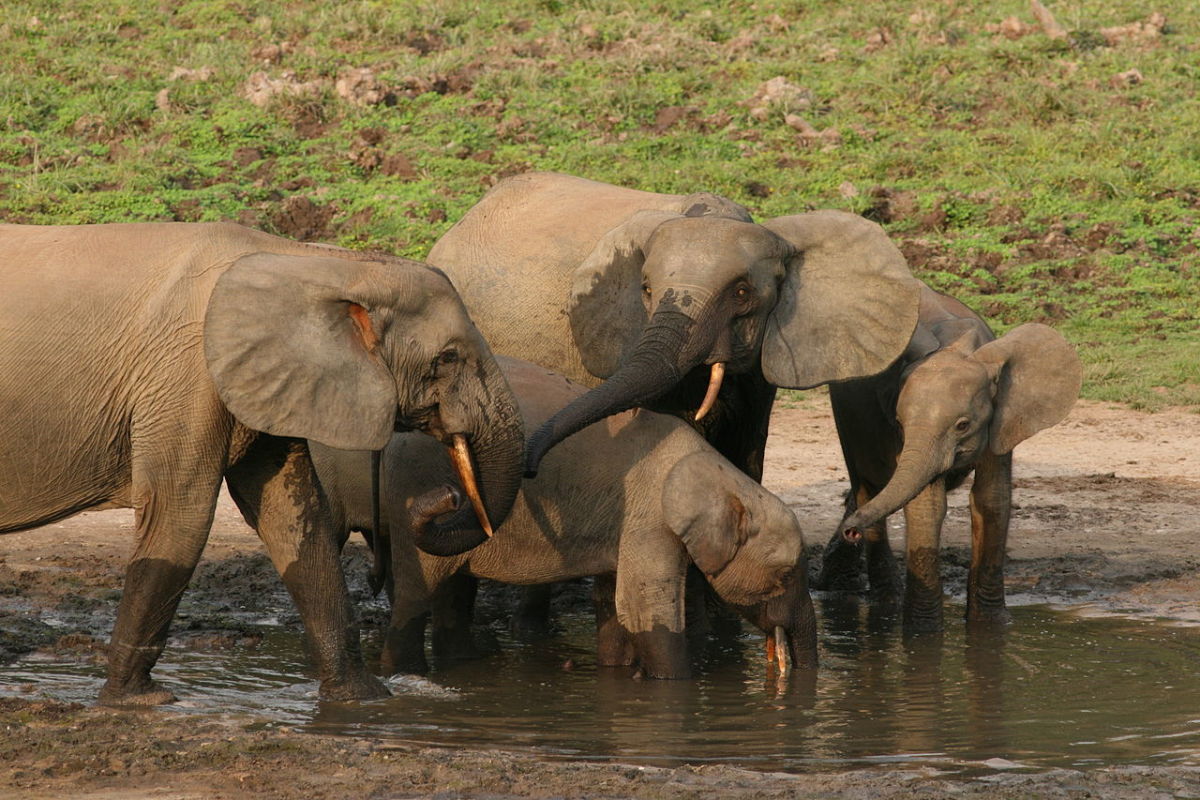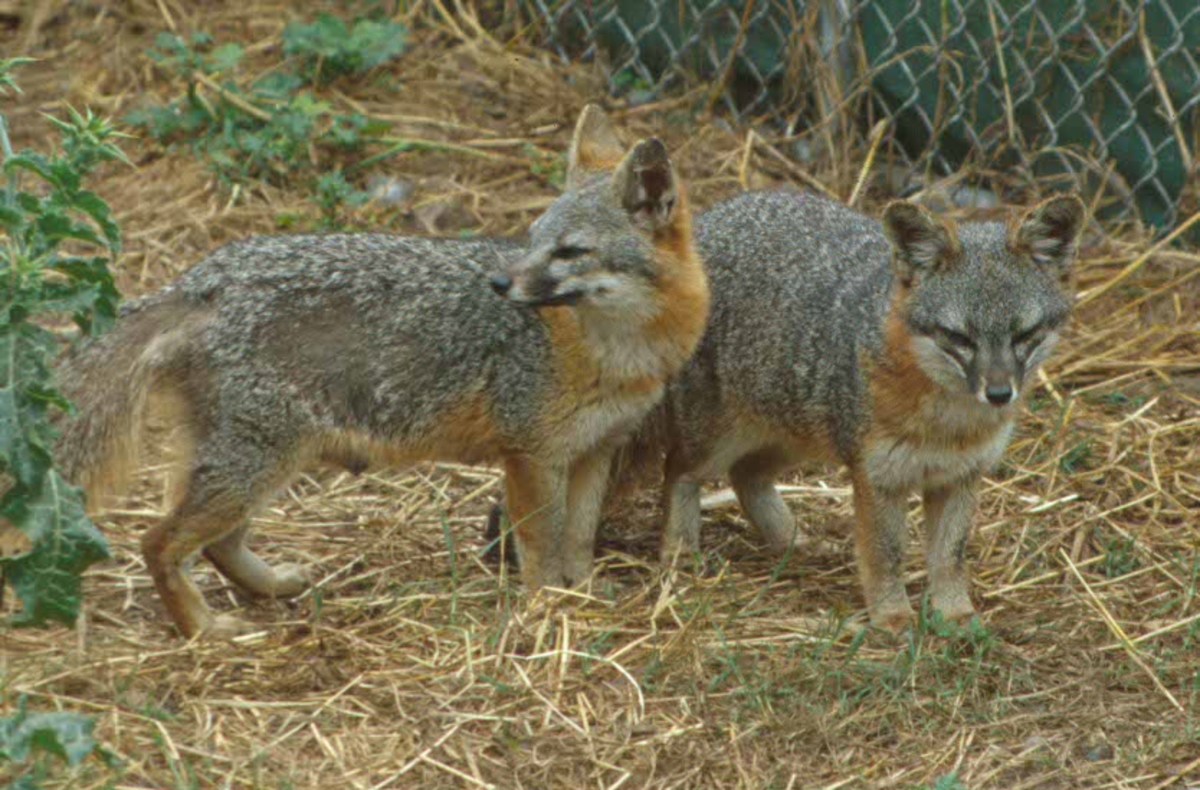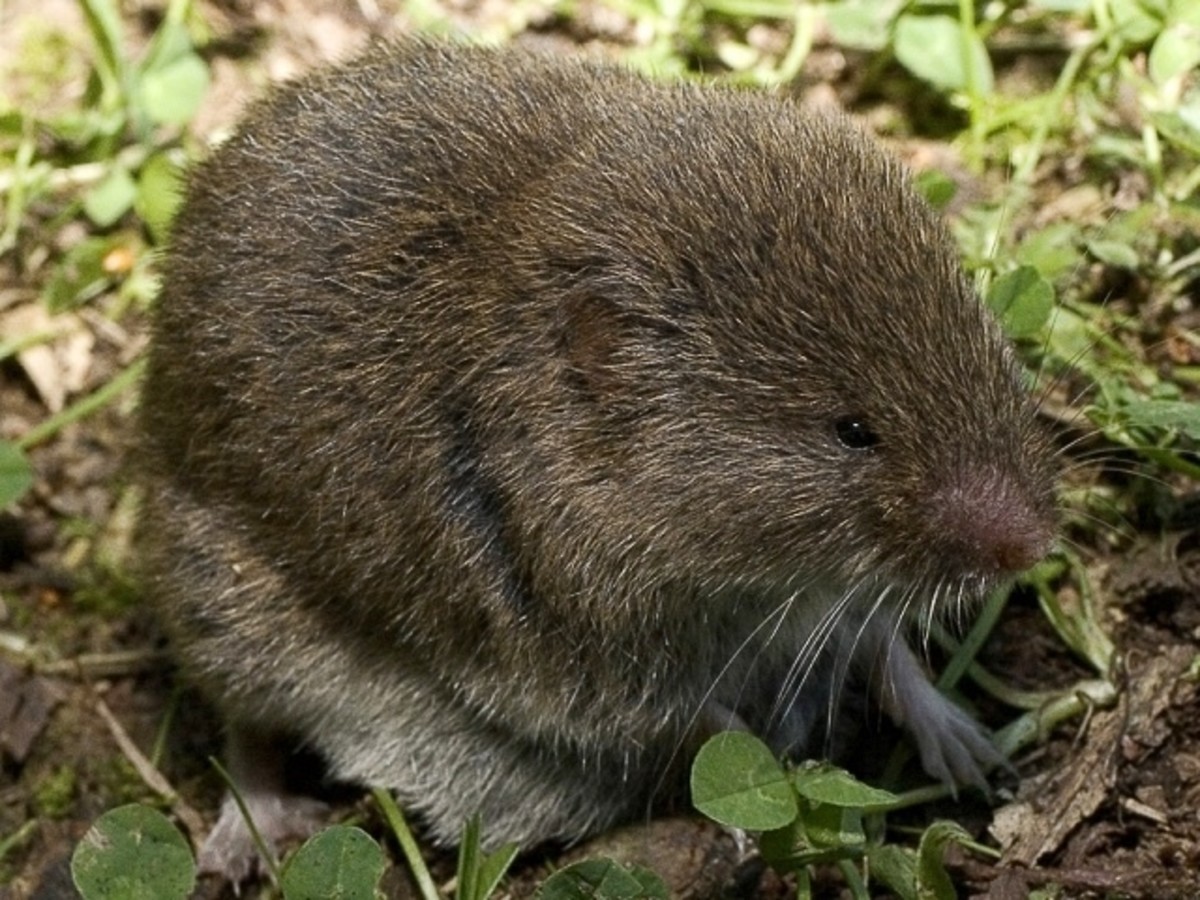Animals Who RecognizeThemselves in the Mirror

Animals & Mirror Testing General Information
Human beings typically learn to recognize themselves in the mirror at the age of 18 months, although some can take up to 24 months. Yet we are not the only species capable of identifying ourselves via a mirror. Yet even among these species it depends on the individual animal. Some recognize themselves while others in their group do not. The vast majority of animals when they look in a mirror think it is another animal of their species that they don’t know. Animals that rely heavily on smell more than sight do not show much interest in mirrors because they do not smell like an animal and thus are just another object. Gordon Gallup Jr is the psychologist credited with inventing the mirror test back in 1970 to determine an animal’s ability to recognize itself.
The picture above is a Eurasian magpie looking into a mirror.
Validity of Mirror Testing
By no means does testing an animal’s ability to recognize itself in the mirror conclusively prove that it has a sense of self identity. When an animal’s body, usually their head, is altered by applying paint or stickers they might decide not to touch it or remove it, because they just have no interest in it.
Asian Elephant
At the Bronx Zoo in New York 3 Asian Elephants were tested to see if they could recognize themselves in mirrors that had been erected in their enclosures. The elephants thought to look behind the mirror and see if it was actually another elephant standing there. To do this they put an “X” made of tape on each elephants head and then had them look into a mirror. Of those 3 elephants only 1 elephant, named Happy proved conclusively that she recognized herself. Asian elephants in their nature habitat don’t care if they had dirt on their skin, if fact they put it on themselves as a form of sunblock and bug repellent. This may be why the other 2 elephants did not try to remove the “X” on their heads, because to them it does not excite any interest from them.
In other tests the Asian elephants would use the mirrors to look into their own mouths.
Gorillas, Bonobos, Chimpanzees,
The vast majority, or 3 out of 4 young adult apes of these species can recognize themselves in a mirror. Baby, adolescent an elderly apes of these species have a harder time realizing that it is them in the mirror.
Orangutan
All the way back in 1838 Charles Darwin, the man who proposed the theory of evolution, noticed at the London Zoo that an orangutan named Jenny was capable of recognizing herself in a mirror.
Eurasian Magpie
This is the only species of bird known to be able to recognize itself in a mirror. These birds are relatives of the crow and are notorious for stealing shiny objects for their nests. In an experiment a Eurasian magpie had different color stickers stuck to its feathers and upon looking in a mirror it tried to remove the stickers. When invisible stickers were placed on the magpie it did not try to remove them. This suggested that they believed that the image the saw in the mirror was indeed them. This discovery changed how scientists view the brains of animals because they thought the ability of self-recognition was only available in the neocortex. Yet the Eurasian Magpie does not have a neocortex in its brain, meaning that a different part of its brain is used for this process. Scientists call this “convergent evolution” meaning that the same ability in an animal can be achieved through different ways. This discovery was made by Germans in 2008.
Bottlenose Dolphins
It is no surprise that these highly intelligent creatures can recognize themselves in the mirror.
Ants
Recently in 2015 it there has been scientific findings that may prove that these insects can recognize themselves in the mirror. Although it is not yet fully accepted as fact by the scientific community if true this would make ants the only insect capable of self recognition.
Octopus
It has been debated whether or not an octopus can identify itself in a mirror. The octopus is known to be the smartest of all cephalopods.
Manta Rays
Very recently, within 2016, it has been discussed that manta rays may be able to recognize themselves in the mirror. This would make them the only known fish capable of recognizing themselves in the mirror. Manta Rays have a huge brain as compared to the size of their bodies and this gives them an edge on other species of fish. A test at the Atlantis Aquarium in the Bahamas found that the manta rays exhibited odd behavior when faced with a mirror. They blew bubbles at the mirror, which was something they did not do when a white board was placed in their tank. Also the manta rays began to inspect parts of their bodies they had never seen before. Although there was not mark placed on the manta rays to see if they would notice that in the mirror.






